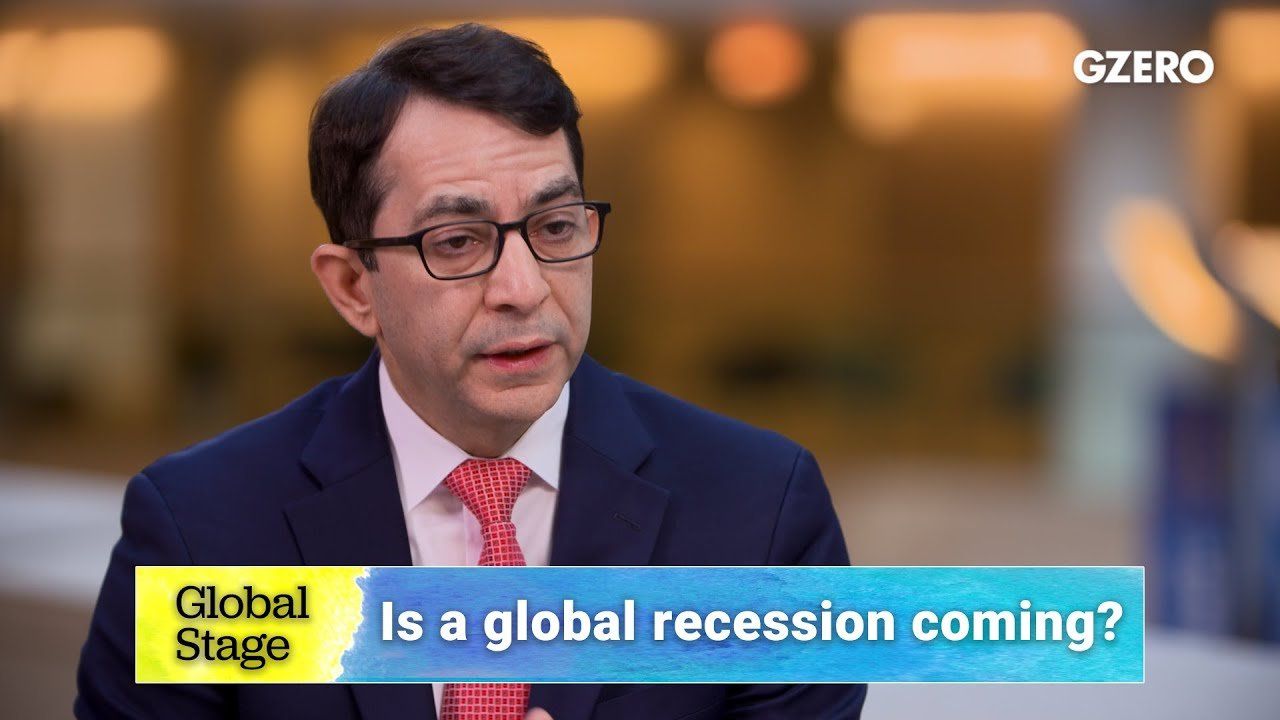Crisis Recovery
World faces "lost decade" of economic growth, says World Bank economist

World faces "lost decade" of economic growth, says World Bank economist | GZERO Media

The World Bank predicts that the global economy now faces a decade of lost growth, in part due to an older workforce and lower productivity. Is the way out of the looming doldrums to have a young population like Nigeria?
Yes, but those countries will need help from wealthy nations to invest in things like education to reap the benefits of their demographic divided, World Bank deputy chief economist Ayhan Kose tells GZERO's Tony Maciulis at the World Bank/IMF spring meetings in Washington, DC.
Meanwhile, the lender also wants developed countries to focus on its priority No. 1: climate. And there's always reforming the institution itself.
Kose explains why he thinks the World Bank can accomplish both goals, his take on whether artificial intelligence will deepen global inequality, and if believes a global recession is inevitable.
The French President Emmanuel Macron (R) welcomes the European Commission President Ursula von der Leyen (L) at the Elysee Presidential Palace.
European Union leaders agreed to move ahead with “Buy European” policies as part of a broader push to de-risk from the US and boost competitiveness amid China’s industrial prowess.
Think you know what's going on around the world? Here's your chance to prove it.
20: The number of fallen Ukrainian athletes and coaches depicted on a Ukrainian skeleton racer’s helmet at the Winter Olympics, which prompted the International Olympic Committee (IOC) to disqualify him on Thursday.
The Russian government has begun blocking the popular messaging apps WhatsApp and Telegram in a sweeping crackdown aimed at forcing Russians to use a state-backed alternative called MAX, which critics say would enable censorship and surveillance.